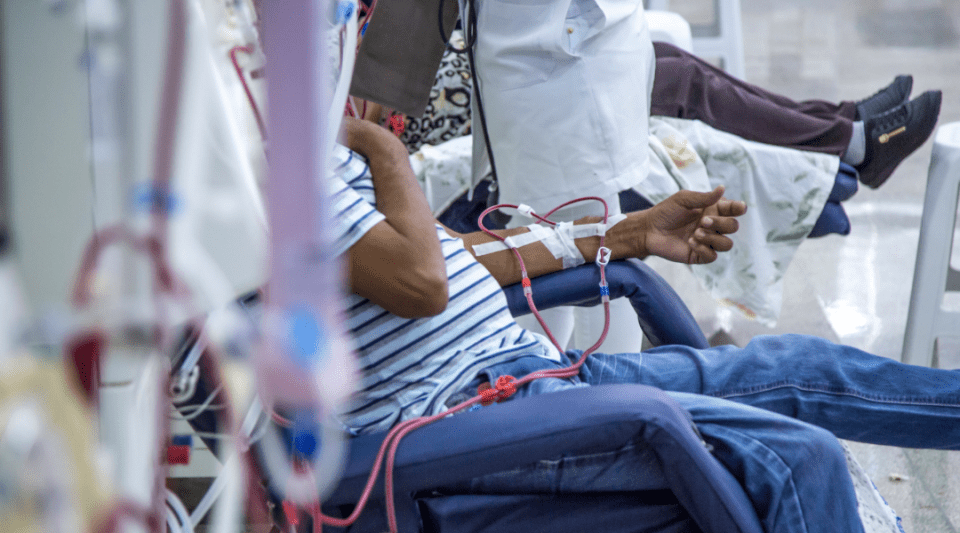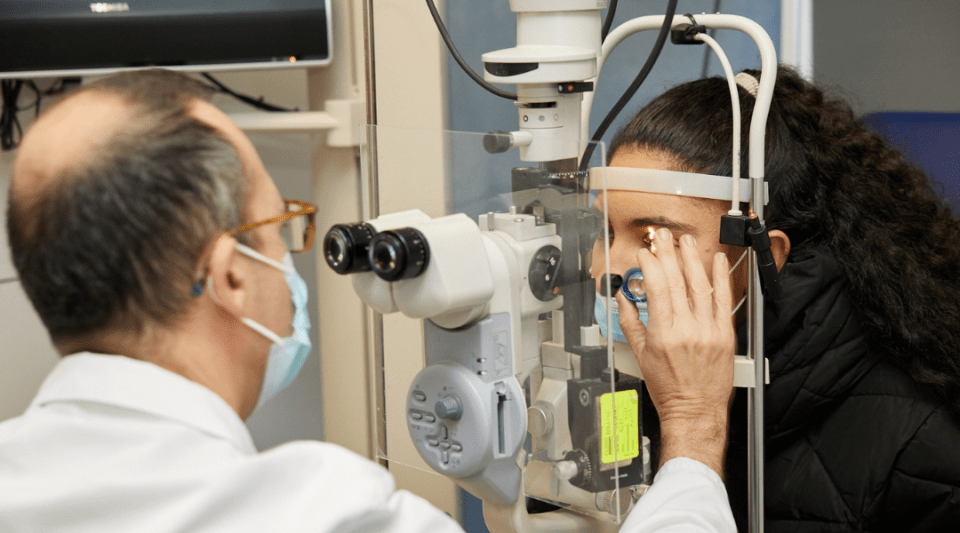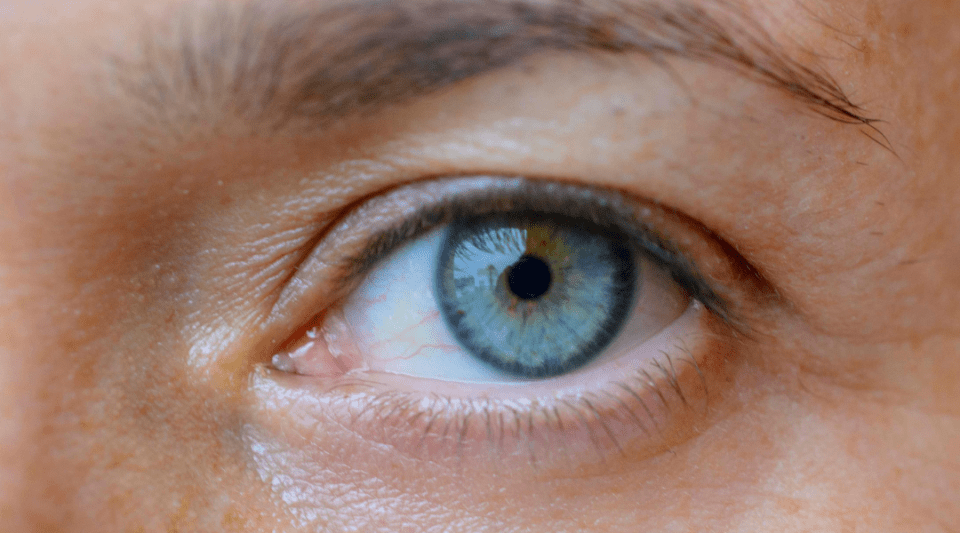Why does cardiorenal syndrome occur?
There are several mechanisms behind this relationship:
-
Circulation problems: If the heart doesn't pump blood well, the kidneys can be damaged by receiving less oxygen and nutrients.
-
Hormonal changes: When the heart or kidneys fail, the body activates hormonal systems that try to compensate for the situation which can, in the long term, worsen it.
-
Inflammation and oxidative stress: Excess inflammatory substances in the body can contribute to the deterioration of these organs.
-
Cardiovascular risk factors: Some problems, such as high blood pressure, diabetes, high cholesterol, smoking and obesity, can affect both the heart and kidneys. Prolonged exposure to these risk factors can damage both organs and cause them to begin to fail together.
How is this syndrome classified?
Cardiorenal syndrome is divided into five types depending on which organ is affected first; and whether the problem is acute or chronic.
-
Type 1: When the heart suddenly fails (as in acute heart failure) and this causes kidney damage.
-
Type 2: When the heart suffers chronic failure and affects the kidneys over time.
-
Type 3: When the problem begins in the kidneys (with acute kidney failure) and triggers heart problems.
-
Type 4: When chronic kidney disease gradually compromises heart health.
-
Type 5: When a systemic disease, such as diabetes or a serious infection, affects both the heart and kidneys.
How is it diagnosed?
To detect cardiorenal syndrome, a combination of blood and urine tests are performed to measure kidney function and detect possible disturbances in heart function. These tests use biomarkers, which are substances that indicate whether either organ is failing or not.
When more precise assessment is needed, imaging tests such as echocardiography, electrocardiography and abdominal ultrasound are performed; these show how the heart and kidneys are functioning in more detail.
What is the treatment?
The treatment for cardiorenal syndrome depends on the cause and specific type a person has. The goals are to improve heart and kidney function and slow disease progression. Any intervention that helps one of the two organs can have a positive effect on the other.
Some strategies include:
-
Diuretics: These drugs help remove excess fluid from the body, which relieves pressure on the heart and kidneys and can improve symptoms.
-
Medication to protect the heart and kidneys: Examples are renin-angiotensin system inhibitors and SGLT2 inhibitors. These drugs can slow organ deterioration and improve organ function.
-
Renal replacement therapy: If kidney failure is severe, techniques such as peritoneal dialysis may be necessary to cleanse the blood and remove excess fluids and toxins.
How can it be prevented?
The best way to prevent this syndrome is to control risk factors, such as high blood pressure, diabetes, a sedentary lifestyle, obesity and smoking. Maintaining a healthy diet, exercising regularly and following appropriate medical treatments can also significantly reduce the risk of developing cardiorenal syndrome.
Information documented by:
Dr Jose Jesús Broseta, Nephrology Department and Dr Pedro Caravaca, Cardiology Department. Hospital Clínic Barcelona.






